Becoming a firefighter is a noble and challenging pursuit. Beyond physical prowess and the willingness to confront dangerous situations, aspiring firefighters must successfully navigate a rigorous interview process. With competition fierce and the selection criteria stringent, it’s vital that candidates approach their firefighter interview with strategic preparation and a clear understanding of what the selection panel is looking for.
In this comprehensive guide, we’ll explore every facet of the firefighter interview process, equipping you with tools to succeed and advance towards your firefighting career. Whether you’re an entry-level candidate or a professional looking to change departments, read on to discover the ultimate tips and insights to help you ace your firefighter interview.
Understanding the Firefighter Interview Process
Before delving into interview nuances, it’s crucial to understand the framework in which the interview occurs. Fire departments aim to assess a range of skills in potential employees, which go beyond the conventional questions and answers.
Different Phases of the Interview Process
The firefighter interview often consists of multiple stages, including the initial application review, written examination, physical tests, practical skills tests, and the formal interview. Each phase is designed to narrow the applicant pool and identify the most suitable candidates for the role.
The Role of the Interview Board
The integrity of the interview process is upheld by a panel of experienced firefighting professionals and community leaders. This board will likely rotate members to ensure a variety of perspectives and fair assessment. They are tasked with evaluating your competencies, character, work ethic, and suitability for representing the department.
The Structured Interview Format
Most firefighter interviews follow a structured format. You will be provided with a set list of questions and have a time limit for responding. This format aims to provide objectivity and consistency in the evaluation of candidates.
Preparing for Your Firefighter Interview
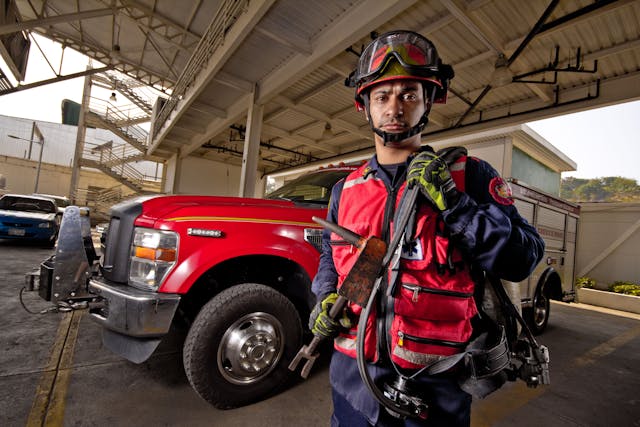
Success in the firefighter interview starts long before you sit down with the interview panel. Here’s what you should consider when getting ready:
Understand the Role and Responsibilities
Research the specific roles and responsibilities of a firefighter for the department you are applying to. This knowledge will be invaluable in tailoring your responses to showcase how your skills and values align with the department’s mission.
Review Common Firefighter Interview Questions
While exact questions can vary, there are several categories of questions that frequently appear in firefighter interviews. Practice formulating articulate and honest responses to these scenarios.
Common Question Categories:
- Behavioral questions that ask you to describe situations where you demonstrated key skills like teamwork or leadership.
- Scenario-based questions that present hypothetical firefighting situations.
- Department-specific questions about local issues or policies.
Utilize the S.T.A.R. Method
When answering behavioral questions, employ the S.T.A.R. method. This helps you structure your responses, ensuring you cover the situation, task, action, and result in a comprehensive manner.
Research the Fire Department
Understand the history, culture, and core values of the fire department. Tailor your knowledge to emphasize why you are uniquely suited to be a part of their team and how you can contribute to their mission.
Prepare Your Body Language
Pay attention to your body language just as much as your verbal responses. Sit up straight, maintain eye contact, and employ a confident but not overbearing posture. Your non-verbal cues can speak volumes about your professionalism and composure under pressure.
Dress Appropriately
Choose professional attire that is well-fitted and clean. While traditional business attire is suitable, consider wearing a suit or other formal wear to demonstrate your respect for the interview process and the position you are seeking.
Mock Interviews and Feedback
Participate in mock interviews to simulate the actual experience. Receive constructive feedback on your performance and use this as a tool for improvement, addressing any areas of weakness.
Interview Day: Strategies for Success
Now that the big day has arrived, there are several strategies you can deploy to ensure that you perform to the best of your ability during the firefighter interview.
Preparation On The Day
Review your notes and mental summaries of your responses, but avoid cramming. Focus on being alert and present, ready to engage with the interviewers in a thoughtful and focused manner.
The First Impression
You only get one chance to make a first impression. Ensure that you greet the interview panel with a firm handshake, a smile, and a positive presence. Use the panel’s names when addressing them and show genuine enthusiasm for the opportunity to interview.
Active Listening
Pay careful attention to the questions being asked. Active listening will enable you to respond more effectively, as you can tailor your answers to the specific inquiries of the panel.
Take a Moment to Think
Do not be afraid to take a brief pause before answering complex questions. This allows you to collect your thoughts and compose a clear and concise response, demonstrating your critical thinking skills in action.
Tell Your Professional Story
The interview is an opportunity to weave a narrative of your professional journey that leads to the firefighter role. Use your established responses to showcase your progression, achievements, and the qualities that make you an outstanding candidate.
Ask Questions
Interviews are two-way streets. Prepare thoughtful questions about the department or the role to ask at the end of the interview. This shows your genuine interest and sets you apart as an engaged and proactive candidate.
After the Interview: How to Follow Up
Your commitment doesn’t end with the conclusion of the interview. A well-timed follow-up can reinforce your interest and appreciation for the opportunity.
Sending a Thank-You Note
Within 24 hours of the interview, send a personalized thank-you note to each member of the panel. Express gratitude for their time and consideration and reflect on a highlight from the interview.
Anticipating the Next Steps
End your note with an optimistic outlook on the process and a hopeful anticipation of potential next steps. This final impression can leave a favorable and lasting touchpoint with the interview panel.
Additional Resources and Final Thoughts
The path to becoming a firefighter can be arduous, but the rewards of serving your community make the journey worthwhile. Here are a few additional resources and final thoughts to help you along the way:
Additional Preparation Resources
- Professional firefighter associations often provide interview tips and resources.
- Seek out books or online courses specifically tailored to the firefighting interview process.
- Connect with established firefighters who can provide insights and support.
Be Persistent and Patient
The journey to becoming a firefighter is not always straightforward. Rejection is a part of the process, but it should not deter your long-term goals. Be persistent in your pursuit, continue honing your skills, and stay prepared for the next opportunity.
Continuous Learning and Growth
Regardless of the outcome of your initial interview, view the process as a learning experience. Reflect on the feedback (if available), and use it to improve your skills and performance for future interviews or other professional endeavors.
The ultimate guide to nailing your firefighter interview is not just about preparing for one interview—it’s about setting a strong, foundational approach to your career. Embrace the process with integrity, dedication, and a true passion for firefighting, and you’ll be well on your way to donning that uniform and serving as a guardian of the community. Your journey as a firefighter has many steps, and the interview is just the beginning. Engage with the process holistically, maintain a positive and professional demeanor, and don’t forget to let your passion for the role shine through. Good luck!

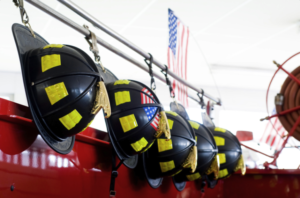
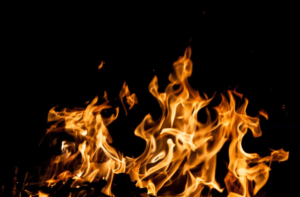
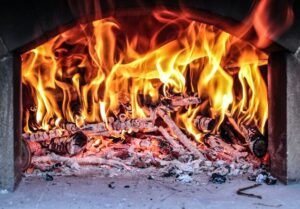
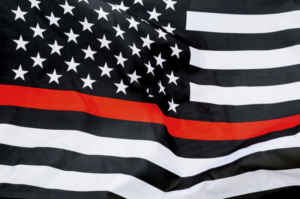
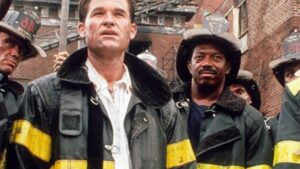
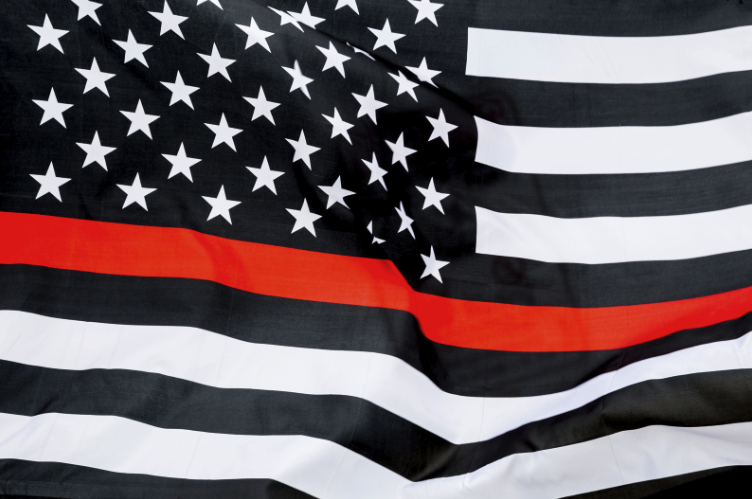
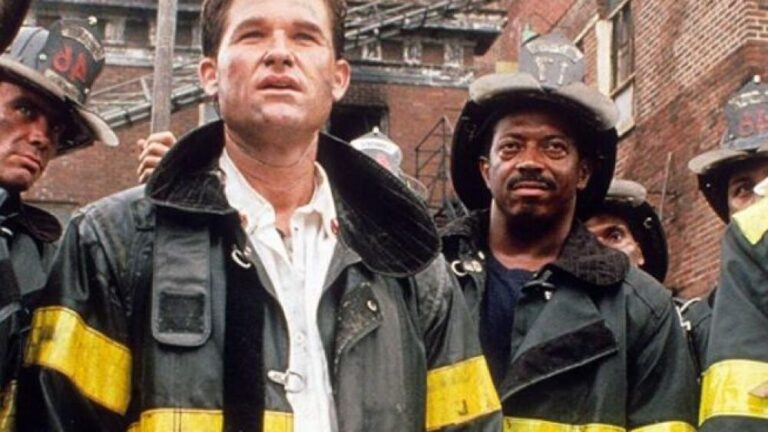
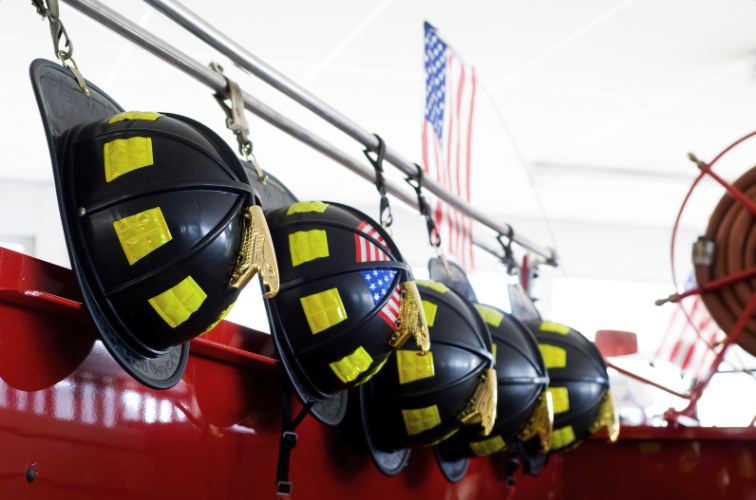
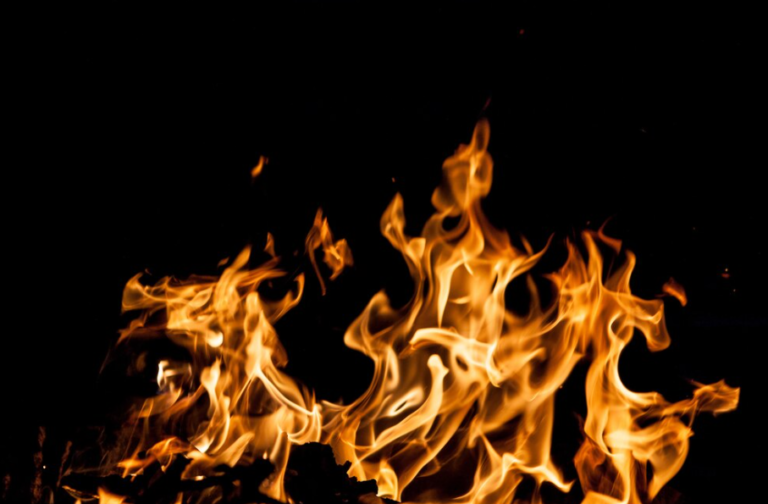
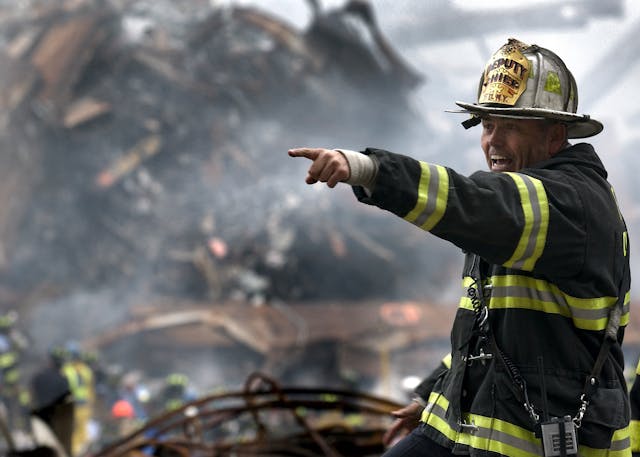
+ There are no comments
Add yours